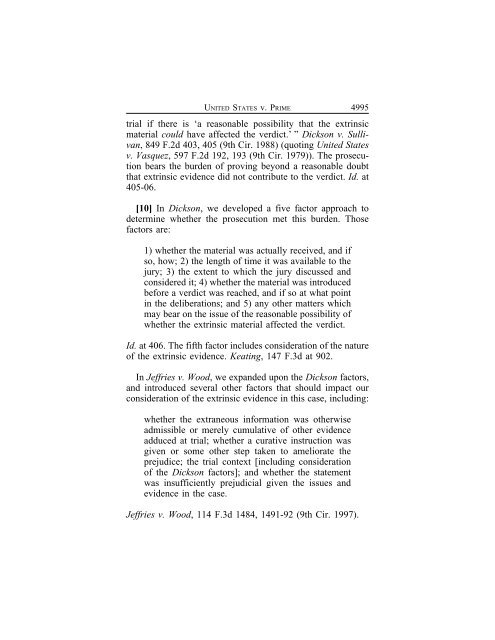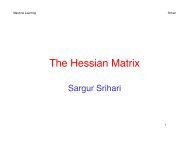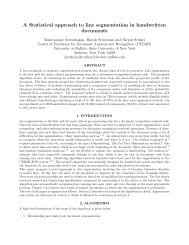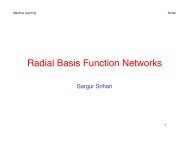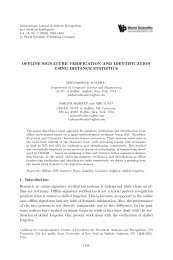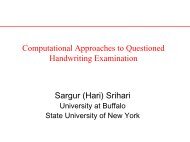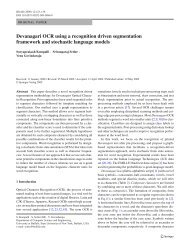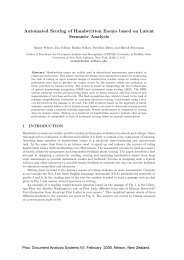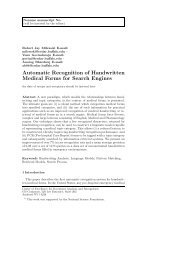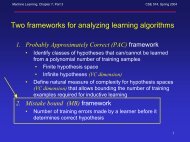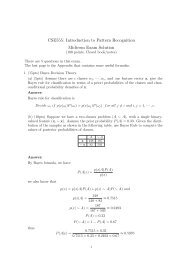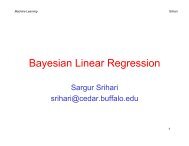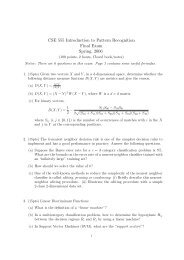United States of America v. Michael Stefan Prime - CEDAR
United States of America v. Michael Stefan Prime - CEDAR
United States of America v. Michael Stefan Prime - CEDAR
You also want an ePaper? Increase the reach of your titles
YUMPU automatically turns print PDFs into web optimized ePapers that Google loves.
UNITED STATES v. PRIMEtrial if there is ‘a reasonable possibility that the extrinsicmaterial could have affected the verdict.’ ” Dickson v. Sullivan,849 F.2d 403, 405 (9th Cir. 1988) (quoting <strong>United</strong> <strong>States</strong>v. Vasquez, 597 F.2d 192, 193 (9th Cir. 1979)). The prosecutionbears the burden <strong>of</strong> proving beyond a reasonable doubtthat extrinsic evidence did not contribute to the verdict. Id. at405-06.[10] In Dickson, we developed a five factor approach todetermine whether the prosecution met this burden. Thosefactors are:1) whether the material was actually received, and ifso, how; 2) the length <strong>of</strong> time it was available to thejury; 3) the extent to which the jury discussed andconsidered it; 4) whether the material was introducedbefore a verdict was reached, and if so at what pointin the deliberations; and 5) any other matters whichmay bear on the issue <strong>of</strong> the reasonable possibility <strong>of</strong>whether the extrinsic material affected the verdict.Id. at 406. The fifth factor includes consideration <strong>of</strong> the nature<strong>of</strong> the extrinsic evidence. Keating, 147 F.3d at 902.In Jeffries v. Wood, we expanded upon the Dickson factors,and introduced several other factors that should impact ourconsideration <strong>of</strong> the extrinsic evidence in this case, including:whether the extraneous information was otherwiseadmissible or merely cumulative <strong>of</strong> other evidenceadduced at trial; whether a curative instruction wasgiven or some other step taken to ameliorate theprejudice; the trial context [including consideration<strong>of</strong> the Dickson factors]; and whether the statementwas insufficiently prejudicial given the issues andevidence in the case.Jeffries v. Wood, 114 F.3d 1484, 1491-92 (9th Cir. 1997).4995


